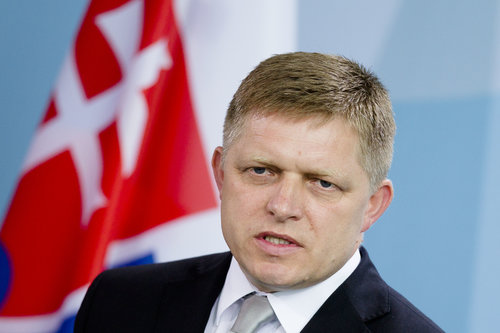The Freedom Party and Austria’s Jewish Community
The Freedom Party (FP) has for a long time been the pariah of Austrian politics, but that time is over. In the last presidential election their candidate Norbert Hofer almost won with 49.7 percent of the vote, which was the best result that the party had ever had in its history. Due to “possible” fraud, the election had to be repeated, and with 46.2 percent the result was almost the same.
In the next parliamentary election in October there is a lot at stake. The Freedom Party could become the strongest faction. But maybe the stupid normies will believe the lying cuckservatives, who are at the moment are announcing they will do everything the FP demanded for years (but won’t actually do it). Even the socialists are trying to establish their Minister of Defence as a “strong man,” who actually wants to defend the borders. The big question, of course, is what is stopping the government from doing this right now?
However, the important difference at this election is that both the Socialists and the cuckservative Austrian People’s Party are openly discussing the forming of a coalition with the FP. This is a transformative metapolitical change! The cordon sanitaire has been broken.
A while ago the FP announced that it considers itself now to be “the new center.” A big part of this strategy is to do everything to become more “respectable,” i.e., to tone down its rhetoric to the tamest way possible level and to get rid of representatives considered too provocative. This politically correct charm offensive also includes grovelling before Jewish institutions in an almost embarrassing manner. The obligatory pilgrimage to Israel is now a standard procedure for party bigwigs. The FP eagerly professes that it is “not anti-Semitic” at every opportunity and even has Jewish officials within its ranks.
The result of these efforts is not exactly exhilarating. The “Vienna Israelite Community” (Israelitische Kultusgemeinde Wien, IKG) is the largest Jewish organisation in Austria, and has around 7,000 members. Austria has a population of 8.7M, so the IKG represents about 0.08% of Austrian citizens. The usually wide media coverage of the IKG’s opinions is highly disproportionate with this figure. The chairman of the IKG, Oskar Deutsch, appears often on the news and comments regularly on domestic political issues. It’s no surprise that the IKG always stands on the far left and sees the FP as its enemy. It does not look like the FP’s charm offensive is going to change that anytime soon. Read more







